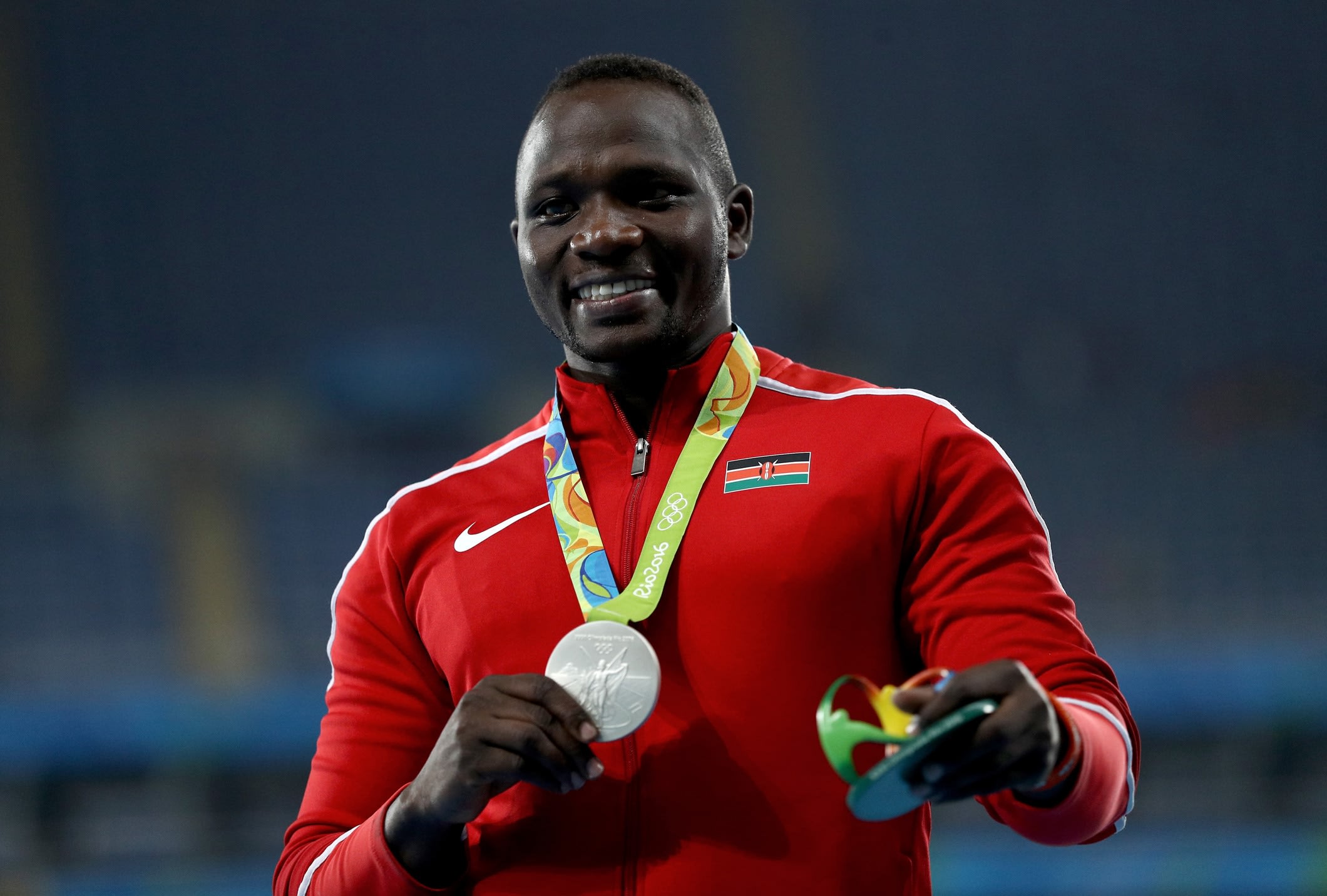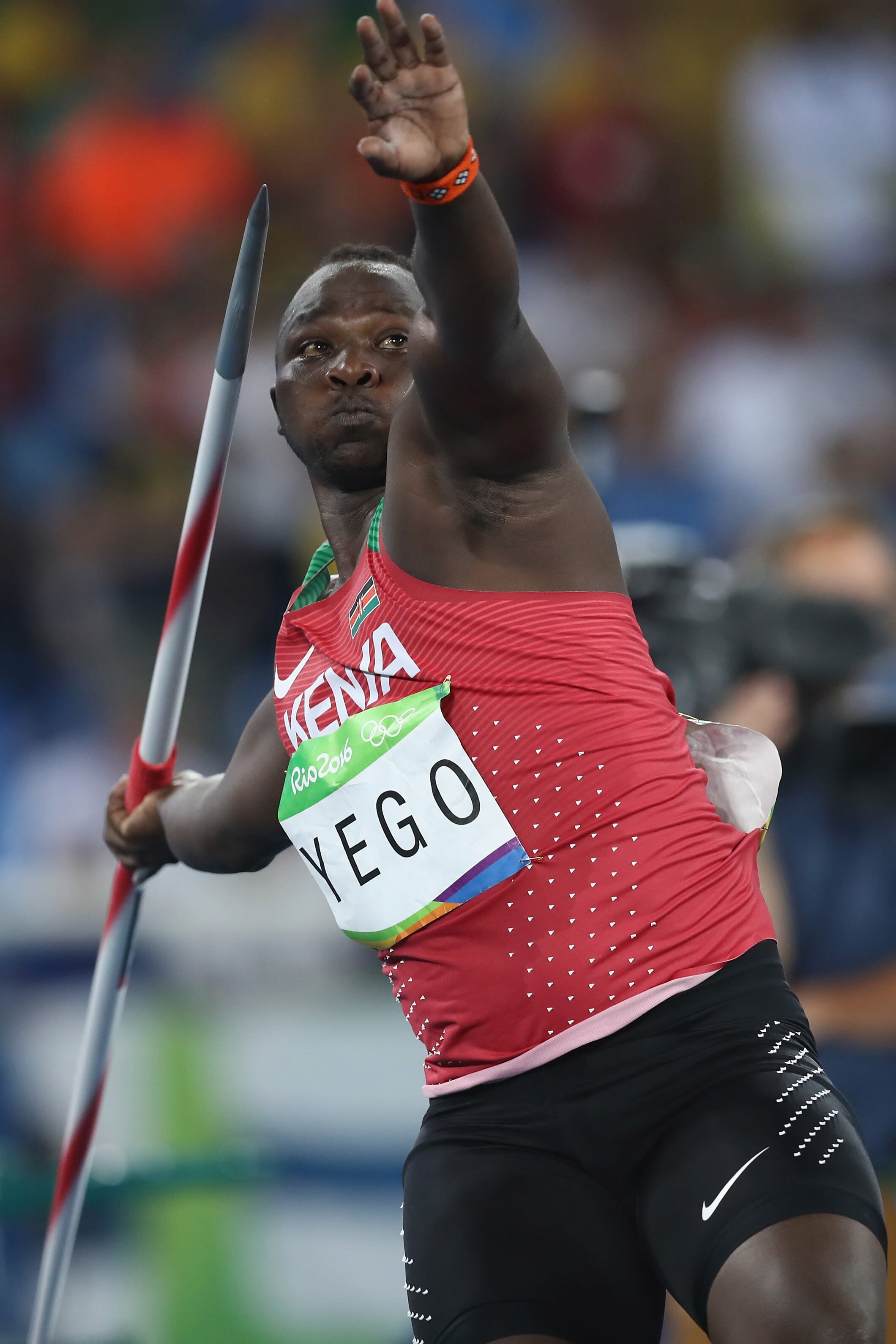Internet helped Julius Yego to hurl himself into record books
Julius Yego’s silver medal in the javelin at the Olympic Games Rio 2016 made history and headlines for the athlete known as the ‘YouTube man’ after a dearth of field event coaches in Kenya meant he honed his technique watching online videos.
The East African country has a rich tradition in distance running, but a lack of success in field events meant there was no-one qualified to coach Yego, who studied the likes of triple Olympic champion Jan Zelezny on YouTube.
Yego is the subject of an episode of the Olympic Channel’s Before They Were Superstars, which shows that at age 24, in April 2013, he outlined his desire to see other Kenyans emerge in the field events.
He said: “Inside my head I was like a lone ranger. You are just alone in a bush. There is nobody you are with because I was the only athlete in the field events. That is my prayer – to have people from different disciplines: not even in javelin alone, but across all the fields.”
Yego was born in Cheptonon, a village in the Rift Valley, in January 1989 and grew up loving football and running, but when he was lapped by two rivals in a 10,000m school race, he turned his attention elsewhere.
He would cut and shape a javelin from tree branches and although his parents thought he should concentrate on his studies, Yego persisted and he became national junior champion.

Combining his job as a policeman with training, Yego turned to the internet, studying the technique and strength exercises the top javelin throwers employed.
“I watched this because I liked them and how they were doing and I wanted to be a champion like them as well,” he said.

Neither did being just 5ft 7ins tall and 13 stone hold Yego back, as history beckoned in 2011 when he became the first Kenyan to win a field event medal at a continental meet with gold at the All-Africa Games.
A year later in London he became the first African javelin thrower to reach an Olympic final, finishing 12th, a transformative moment.
“To be an Olympian is something you will never forget,” he said. “So when I was named in the Olympics, I was just so happy. Luckily enough I was in the finals so that just changed all my life.”
He was fourth at the 2013 World Championships and won the 2014 Commonwealth title before being crowned world champion in Beijing, China, a year later with what is the fifth-longest throw in history of 92.72m.
Rio 2016 arrived and Yego was leading after three throws only to suffer an ankle injury on his fourth attempt which forced him to retire, and he looked on as Thomas Rohler of Germany overtook him to seize gold.
He will have a chance to improve on that at Tokyo 2020.